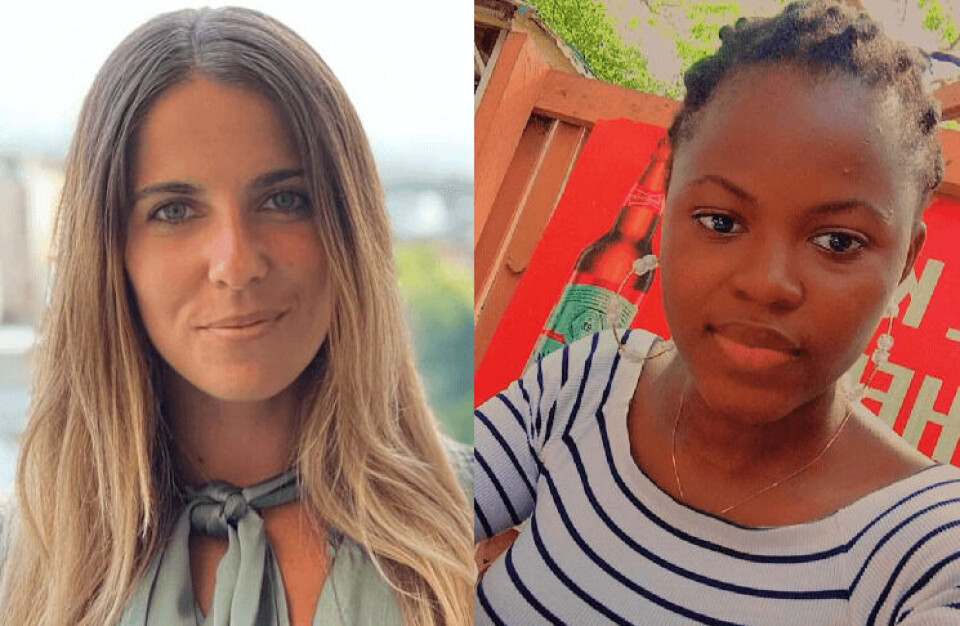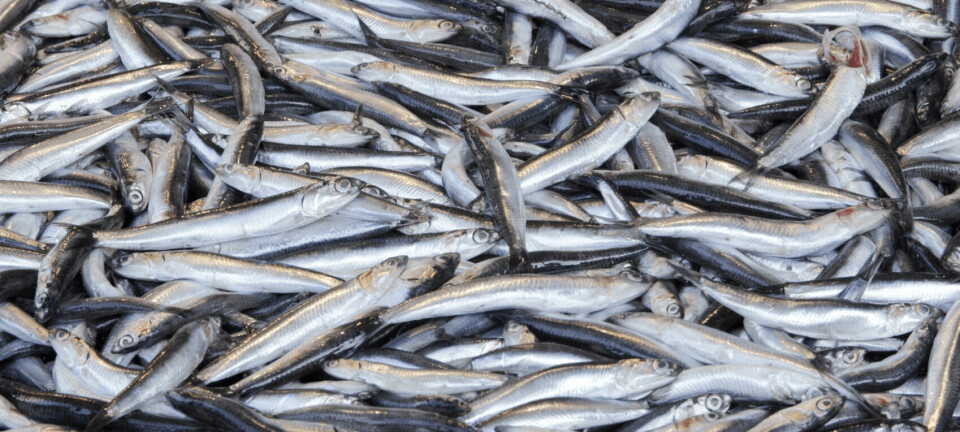
Salmon farmer names $10,000 scholarship winners
Salmon farmer Kvarøy Arctic has named the recipients of its second year Women in Aquaculture scholarships. Nearly 200 women from over 30 countries applied for the US $10,000 scholarships, which went to Oyebadejo Augustina from Nigeria and Marta Carvalho from Portugal.
Hosted in partnership with Seafood and Gender Equality (SAGE), the scholarship seeks to uplift emerging leaders through its immersive, experiential program which includes funding and a hands-on opportunity to experience working at Kvarøy Arctic’s farm sites in Norway.
“As a father, and as a professional in a company that is one-third female owned, I understand the value of raising strong women and supporting their growth and leadership skills,” said Kvarøy Arctic chief executive Alf-Gøran Knutsen in a press release.
“We hope these scholarships are an example of how our industry can uplift the next generation, and serve as an inspiration for other companies that support our diversity and impact goals.”
Lack of finance
The majority of applications were received from students in the United States, Nigeria, and Kenya with more than 90 entries from countries including Iran, Myanmar, Zimbabwe, New Zealand, and beyond. The applicant pool was narrowed based on focus of study and financial need, among other qualifying factors.
“While the number of applicants is a sure sign that more women are studying aquaculture with plans to make it a life-long career, the financial need for this education is striking and a main theme regardless of country,” said SAGE founding director Julie Kuchepatov.
“We know that a woman’s lack of access to financing in aquaculture is a barrier to entry and we hope these scholarships serve as an enduring contribution to break down that barrier.”
Oyebadejo Augustina was acquainted with fishing and the concept of aquaculture in her upbringing in the coastal town of Badagry, Nigeria near Lagos. She witnessed the difficulty of the profession in an area where wild fishing harvests are limited, aquaculture operations are cost prohibitive, and professional opportunities for women are scarce.
“Nigeria has a domestic production of fish at about 800,000 metric tonnes and is known to be one of the largest importers of fish in the world, yet we cannot meet the demand of the population,” says Augustina, who is studying for a Fisheries and Aquaculture degree in Nigeria.
“This scholarship will help me with practical skills and knowledge of efficient fish production. I think this is a way to build aquaculture in my country and influence the economy positively while saving a lot of lives.”
Novel omega-3 sources
Marta Carvalho holds bachelor and master’s degrees in Aquatic Sciences from the University of Porto and is currently pursuing her PhD in Sustainable Aquaculture and Marine Ecosystems from the University of Las Palmas de Gran Canaria. She is focused on finding novel omega-3 sources for fish feed to increase environmental and economic sustainability.
As part of her studies, Carvalho has participated in an aquaculture research group where she ran an autonomic trial related to fish nutrition and co-authored her first scientific article. She then took an internship in the Canary Islands as part of a research group in aquaculture.
“I really believe that sustainable aquaculture is the future and I’ve developed a special interest in omega-3 nutrients, which are so important for humans as well as for fish,” said Carvalho. “I’m pursuing a deeper knowledge of these nutrients and how they can contribute to fish health and welfare, farm productivity, and an increased nutritional value for human consumption.”




















































